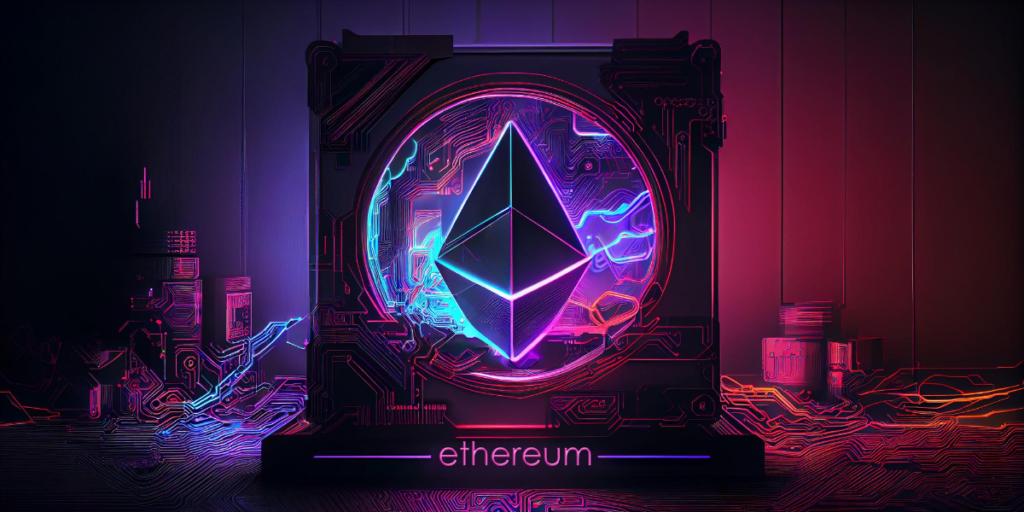[ad_1]
On October 8, 2023, the average gas fee on the Ethereum network was recorded at 8.8 Gwei, a level that hadn’t been seen since October 2, 2022, when the average fee was 8.4 Gwei. The recent decline in gas fees can be attributed to a decrease in user engagement across various platforms and applications.
Notable among these are DeFi applications, NFT marketplaces, layer-2 networks, and Telegram trading bots. The reduction in activity on these platforms are having a direct impact on the network’s gas fees.
Causes Behind the Decline in Gas Fees
The NFT sector, which has been a significant player in the Ethereum network’s activity, has seen a substantial decrease in trading volumes since the onset of the year. This decline plays a role in the reduction of gas fees as fewer transactions are being executed on the network. The lessened activity in NFT trading consequently leads to lower demand for transaction processing, thus affecting the gas fees.
Telegram trading bots, which saw a surge in popularity during the second quarter of 2023, also witnessed a decline in activity at the beginning of October. These trading bots have contributed to the volume of transactions on the Ethereum network, and a reduction in their activity also influences the gas fees.

Implication on Ethereum’s Economy
The drop in gas consumption extends to heavyweight entities on the Ethereum network such as Uniswap, 1inch, and MetaMask, with double-digit drops recorded in the past week. Furthermore, data indicates that major gas spenders like Binance and Coinbase, along with layer-2 networks like Arbitrum, Optimism, and Base, have reduced their gas expenditure by 30% compared to the previous week.
This situation marks the first instance of a downtick in consumption on the more cost-effective layer-2 networks since last year. It’s notable that Ethereum transitioned to an inflationary state at the start of September 2023 as the gas fees plummeted. On a recent Monday, the amount of Ethereum burned hit its lowest point for the year, with only 7,084 ETH being burned.
The reduction in gas fees and the subsequent inflationary state of Ethereum has broader implications. Currently, the supply of Ethereum is growing at a rate of around 1,450 ETH daily, equating to about $2.2 million worth of Ethereum. This scenario reflects a shift in Ethereum’s economic model, which is closely tied to its network activity and gas fees.
Summary
The recent trend of declining gas fees amid reduced activity on DeFi platforms, NFT marketplaces, and other applications presents a significant shift in the Ethereum network’s dynamics. This development is worth monitoring for stakeholders and participants in the Ethereum ecosystem, as it could herald further economic shifts in the near future.
[ad_2]
By: Chris Lavelle
nftnewstoday.com







